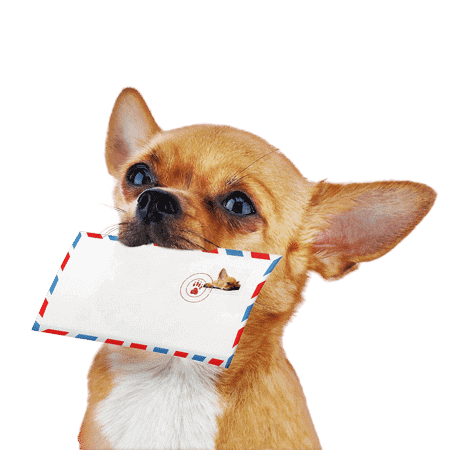Do you suspect poisoning or attempted poisoning on your dog? How to react? Follow the guide.
Dog poisoning: what are we talking about?
Dog poisoning is another term for malicious poisoning of a dog. It is the introduction into the dog’s body of a toxic substance, capable of more or less seriously impairing its health or leading to its death.
Poisoning a dog is usually through the administration of toxic substances by mouth, most often through food contaminated with rat poison, fertilizers or drugs that are harmful to the dog.
Namely!
Absorption of a toxicant can also occur through the skin or the respiratory tract, but these two routes of contamination are most often accidental.
When to suspect poisoning in dogs?
A poisoned dog can exhibit a wide variety of symptoms, depending on the nature and amount of the toxicant absorbed.
Thus a poisoned dog may present with vomiting and/or severe and acute diarrhoea, hypersalivation (dog which begins to drool profusely), convulsions, locomotor disorders, confusion, hemorrhagic bleeding, among many other symptoms.
In addition to these symptoms, poisoning may be suspected when you find clues that may direct you to a malicious act such as leftover chewed packaging, pieces of tablets, leftover “stuffed” food. Toxic substances etc.
My dog was poisoned: what to do?
Manage the emergency before anything else
If your dog shows signs of intoxication or if you have seen your dog eating obviously poisoned food, it is necessary to call the nearest open veterinary clinic as soon as possible in order to be able to take your dog there as soon as possible and this, at any time of the day or night. If the poisoning is taken care of very early, your veterinarian may perform digestive digestion decontamination in order to limit the effects of the toxicant on your animal’s body.
Do not attempt to give your dog anything to drink or to eat. Also, do not try to induce vomiting without the advice of a veterinarian.
If you are unable to reach a veterinary clinic, contact a veterinary poison control centre who will advise you on the action to follow depending on the poison ingested or your animal’s symptoms. There are two poison control centres that can be reached at any time in France:
The Lyon CNITV: 04.78.87.10.40 – reachable 24 hours a day all year round
The Nantes CAPAE: 02. 40. 68.77.40 – reachable 24 hours a day all year round
Gather evidence before filing a complaint
If you suspect intentional poisoning of your animal, you will need to collect evidence for a possible complaint to the gendarmerie.
If you have found suspicious food, collect it in a clean, leak-proof plastic bag (a new zippered freezer bag can do the trick) and take it to your veterinarian for toxicology analysis.
You can also ask your veterinarian to take samples of blood, urine, vomit or even faeces, depending on the toxicant suspected of having been ingested, to identify the presence of a toxicant.
If unfortunately, the intoxicated animal does not survive, post-mortem samples, as well as an autopsy, can be requested from the veterinarian with a view to filing a complaint.



